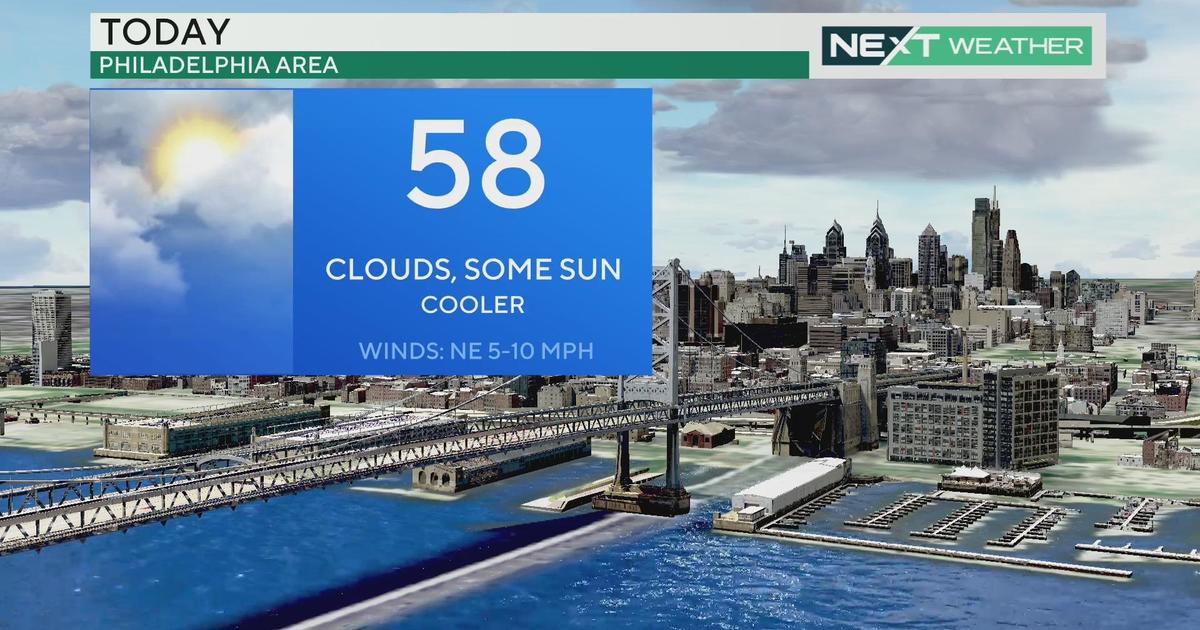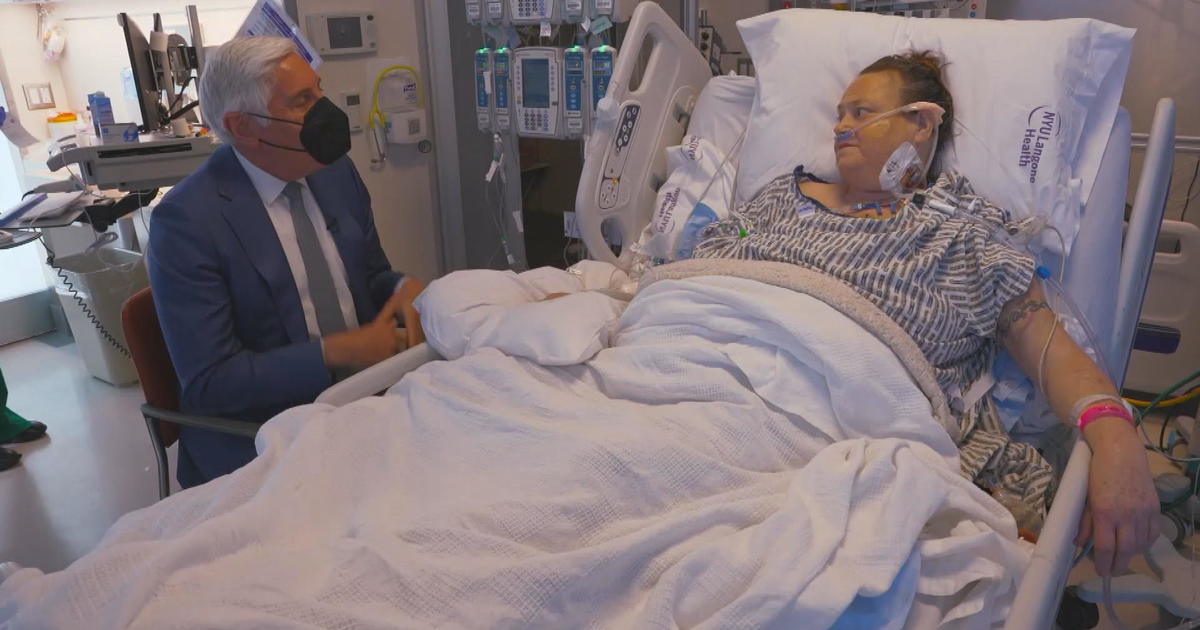New study says excessive heat with air pollution doubles risk of fatal heart attack
PHILADELPHIA (CBS) -- Excessive heat is the leading weather-related killer in the United States.
Hospitals around the Philadelphia region are preparing for an increasing number of people suffering from heat illnesses, especially this weekend as the cumulative impact of the heat adds up.
The Philadelphia Health Department issued a Heat Health Emergency starting Thursday at 9 a.m. and is expected to end Saturday at 8 p.m. The health emergency can possibly be extended weather permitted.
The city of Philadelphia says they are ready to help residents safely manage the heat with resources, including the Philadelphia Corporation for Aging's Heatline (215-765-9040), cooling centers at city libraries and rec centers and splash parks for kids.
Health officials are also urging everyone to check in on elderly neighbors and family who may be especially sensitive to the heat.
There's also new research about heat, air pollution, and heart attacks.
The research published by the American Heart Association says excessive heat is especially dangerous for older people with heart disease.
Extremely hot weather combined with air pollution significantly increases the risk of a fatal heart attack, according to new research from China that covered more than 200,000 cardiac deaths.
"For every incremental increase in temperature outside there is an accompanying increase in heart attack and that is made worse by air pollution and particulate matter in the air," Dr. William Gray said.
Cardiologist Dr. Gray with Main Line Health says in hot weather, sweat is the body's way of cooling down but if the fluid loss becomes excessive blood vessels contract causing fluctuations in blood pressure.
READ MORE: How to beat the heat during the dog days of summer
"As their blood pressure goes down the heart has to work harder to pump to get fluids to the rest of the body," Gray said. "And that excess work is what causes the problems."
When heat is combined with particulate matter in the air, such as pollution from the Canadian wildfires, there's an extra burden on the heart and lungs.
"The hotter it gets, the harder it is to breathe for some people. There is less air," Pulmonologist Dr. Andrew Stiehm said. "The air becomes less dense and then you add just the discomfort of heat and the discomfort of smoke."
Extreme weather and bad air is especially dangerous for high-risk groups but it can impact anyone and the humidity is an added stressor.
"Which makes air just more viscus, harder to move in and out which even healthy people feel," Stiehm said. "On a hot humid day, it just takes more work to move the air in and out."
Doctors say dehydration is the first sign of trouble. Symptoms include:
- Dizziness
- Lightheadedness
- Nausea
- Headaches




